The great, magnificent and quite comprehensive achievements gained after 40 years of renovation, along with the stormy development of the Fourth Industrial Revolution, are bringing a historic opportunity to bring Vietnam into a new era, an era of national growth.
That reality also poses an urgent requirement for Vietnam to resolutely carry out the revolution to build a truly streamlined political system that operates effectively and efficiently, meeting the requirements and tasks of the new era.
However, hostile and reactionary forces and political opportunists continue to spread distortion and reactionary arguments, distorting the nature of the problem, aiming to cause doubt among the people, incite discontent, dividing the great national unity bloc, and hindering the country's development.
They spread a series of information, articles, and video clips with the content "merger is the Party's way of purging factions"; "the state apparatus structure is said to be streamlined but has not changed, only transferring people from one place to another, only causing waste and complexity"; "the streamlining of staff in Vietnam is just a formality, to fool the people."
First of all, the cumbersome and overlapping apparatus is not only a technical organizational issue, but also directly and deeply affects the interests of the people, the business efficiency of enterprises and the development of the economy .
Continuing to reorganize the apparatus, streamline focal points, and clearly define functions, tasks, and focal agencies is an urgent requirement to build a modern administration that aims to serve people and businesses.
In addition, the financial burden caused by the cumbersome apparatus is enormous. According to data from the Ministry of Home Affairs (published in 2023), the total number of cadres, civil servants and public employees in the political system is about 2.5 million people, of which career civil servants account for the majority.
Regular expenditures for the administrative apparatus, including salaries, allowances and operating costs, account for a significant portion of the state budget.
Statistics from the Ministry of Finance show that for many consecutive years, regulars expenditures have always accounted for about 65-70% of total state expenditure budgets, most of which are salaries and allowances for cadres, civil servants and public employees.
This is a significant burden on the national finances, especially in the context where we need to prioritize resources for development investment, responding to climate change and global challenges such as epidemics, digital transformation, and energy transformation.
In the context of limited budget, streamlining the apparatus is a prerequisite to reduce financial pressure and use resources more effectively. As Vietnam is increasingly integrating deeply with the world, a modern, transparent and flexible public administration is a key factor to attract investment and improve national competitiveness.
Furthermore, Vietnam targets GDP growth of 8% or more in 2025 and double digits in the following years to realize its determination to reach high income by 2045.
A cumbersome, stagnant apparatus will not be able to adapt to the rapid changes of the digital age and modern management trends. In addition, streamlining the apparatus is also a necessary step in preventing and combating corruption and negative consequences.
When the apparatus is streamlined, responsibilities are clear, and the monitoring mechanism is transparent, the loopholes for corruption will be narrowed. At the same time, this is also a way to strengthen people's trust in the Party's leadership and the State's management effectiveness.
The truth is so clear, yet hostile, reactionary and opportunistic political forces still blatantly distort it. They claim that innovation in Vietnam is half-hearted innovation because without political innovation and reform of the political system, the consolidation of the apparatus will not solve anything.
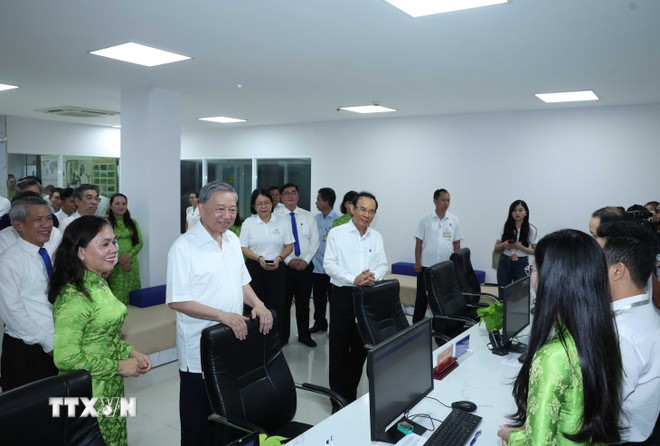
This is a dangerous sophistry, a conceptual distortion aimed at denying Vietnam's efforts at considerable and systematic reform. It is a deliberate, provocative distortion aimed at making people lose confidence in the Party's leadership and the path of innovation.
During nearly 40 years since the Doi Moi process was initiated at the 6th Congress of the Communist Party of Vietnam in 1986, our country has achieved great, comprehensive and historically significant achievements in many fields.
From a poor, backward country suffering the heavy consequences of war, Vietnam has become a dynamic economy with great potential and leading prospects in the Asia-Pacific region.
By 2024, the size of Vietnam's economy will reach more than 476 billion USD, becoming one of the 32 largest economies in the world, with per capita income increasing from less than 100 USD in 1988 to nearly 5,000 USD in 2024.
Vietnam is among the 20 countries with the largest trade scale in the world; among the 20 economies attracting the most foreign investment in the world from 2019 to present, and is one of the 10 countries with the largest amount of remittances in the world.
Exports reached over 405.53 billion USD, putting Vietnam in the group of 20 countries with the largest export turnover in the world. The private economic sector has increasingly asserted its important role, contributing over 40% of GDP. The poverty rate has decreased sharply from over 70% in 1986 to below 3% today (according to the multidimensional poverty standard).
At the same time, national defense, security and social order are guaranteed, the social security system is increasingly improved, and health insurance covers over 92% of the population.
In the field of foreign affairs, Vietnam has established diplomatic relations with 193 countries, including 18 strategic and comprehensive partners. Vietnam is an active member of international organizations, actively contributing to regional and global peace and cooperation.
The successful organization of major events such as the ASEAN Summit, WEF, APEC, or serving two terms as a non-permanent member of the United Nations Security Council is proof of Vietnam's growing prestige in the international arena.
The achievements after 40 years of renovation are the most convincing evidence to refute the distorted arguments that Vietnam has "half-heartedly renovated" because it has not reformed the political system.
Reality proves that Vietnam has innovated its politics in a principled manner, in accordance with the historical, cultural and practical conditions of the country's development. There cannot be a developed, stable and integrated internationally Vietnam like today without innovation in political thinking, apparatus organization, law and state management.
Political innovation is a key part of the comprehensive innovation model with Vietnamese identity.
History shows that every genuine revolution, whether political, economic or social, requires sacrifice - even great sacrifice.
The revolution of streamlining the apparatus and renewing the political system in Vietnam today is no exception. The sacrifice here is the renunciation of personal position, rights, and stability for the greater good: the effective operation of a streamlined, effective, and efficient State apparatus - better serving the people and businesses.
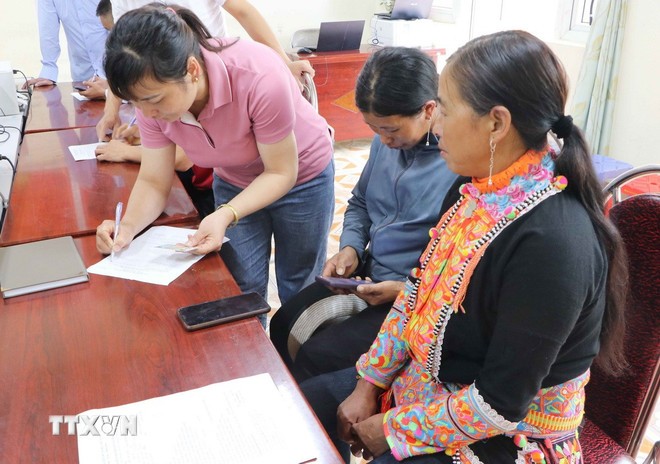
Tens of thousands of cadres, civil servants and public employees have accepted to leave their positions, transfer jobs, retire early or refuse reappointment, not because they are weak, but because they put the common good above the individual, understanding that a cumbersome apparatus will hinder the development of the whole country.
However, in the spirit of "leaving no one behind", the Party and State have many policies to create conditions for those leaving their positions to receive financial support, change careers or access social security policies.
Streamlining the state apparatus is not a formal or reactive change, and certainly not a "half-hearted innovation" as distorted arguments that hostile forces deliberately spread.
On the contrary, this is a profound, cautious and persistent administrative revolution - stemming from the urgent requirements of the country's development practices and placed within the overall process of comprehensive economic, political, cultural and social innovation.
Therefore, we need to resolutely refute the malicious arguments of hostile, reactionary, and opportunistic political forces; at the same time, step up propaganda to clarify the nature of the path of innovation in Vietnam: comprehensive, with a roadmap, in-depth, and for the long-term interests of the people and nation.
Source: https://baolaocai.vn/tinh-gon-to-chuc-bo-may-la-doi-hoi-tat-yeu-tu-thuc-tien-post648119.html










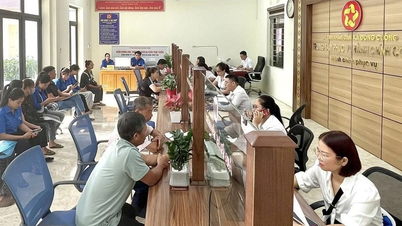
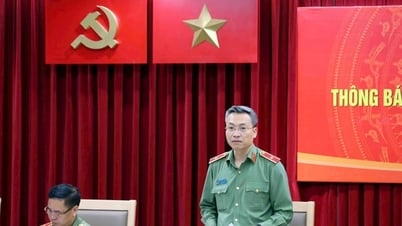



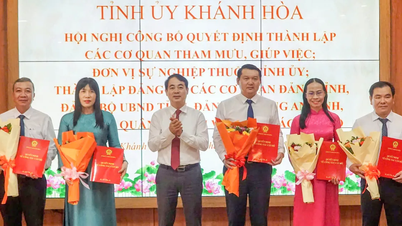






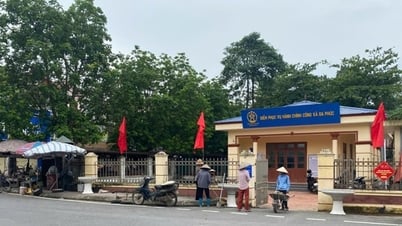

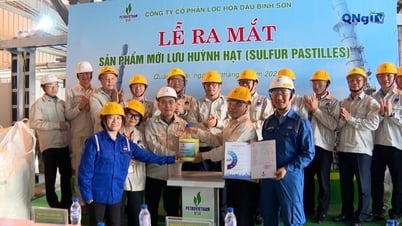

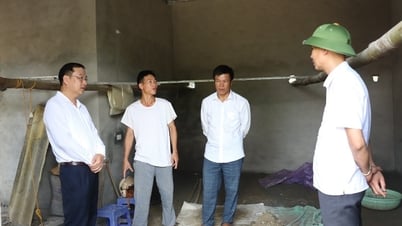






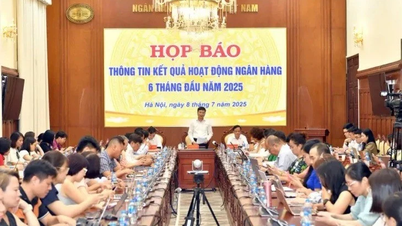

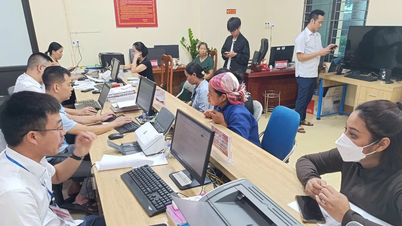
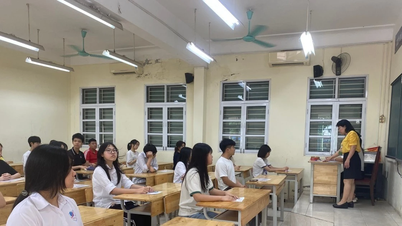
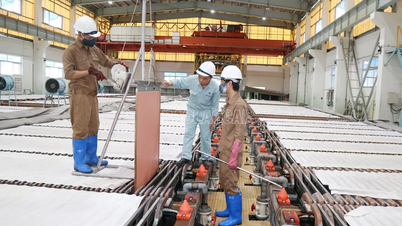




































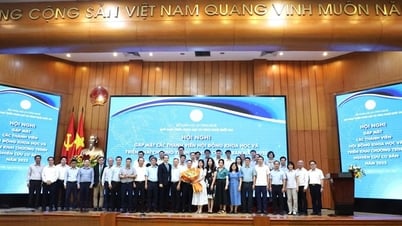

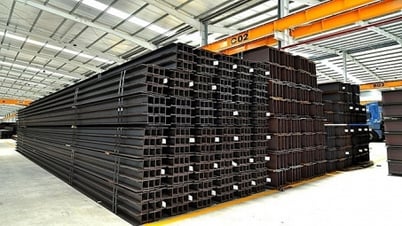




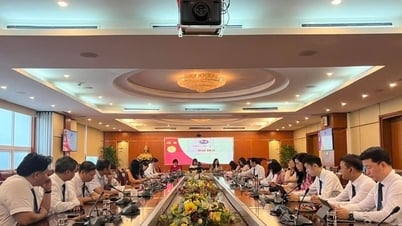
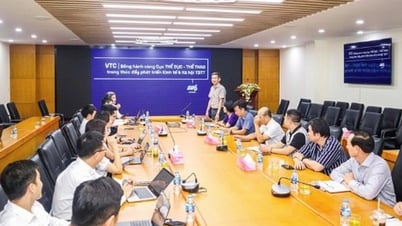


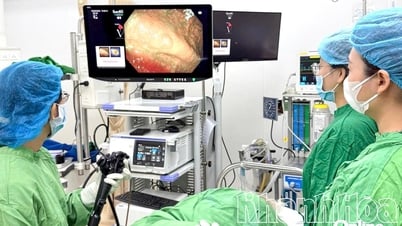



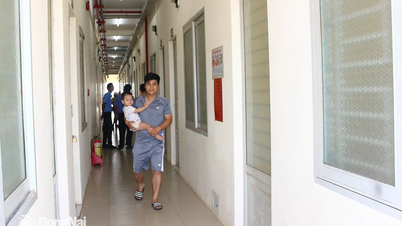














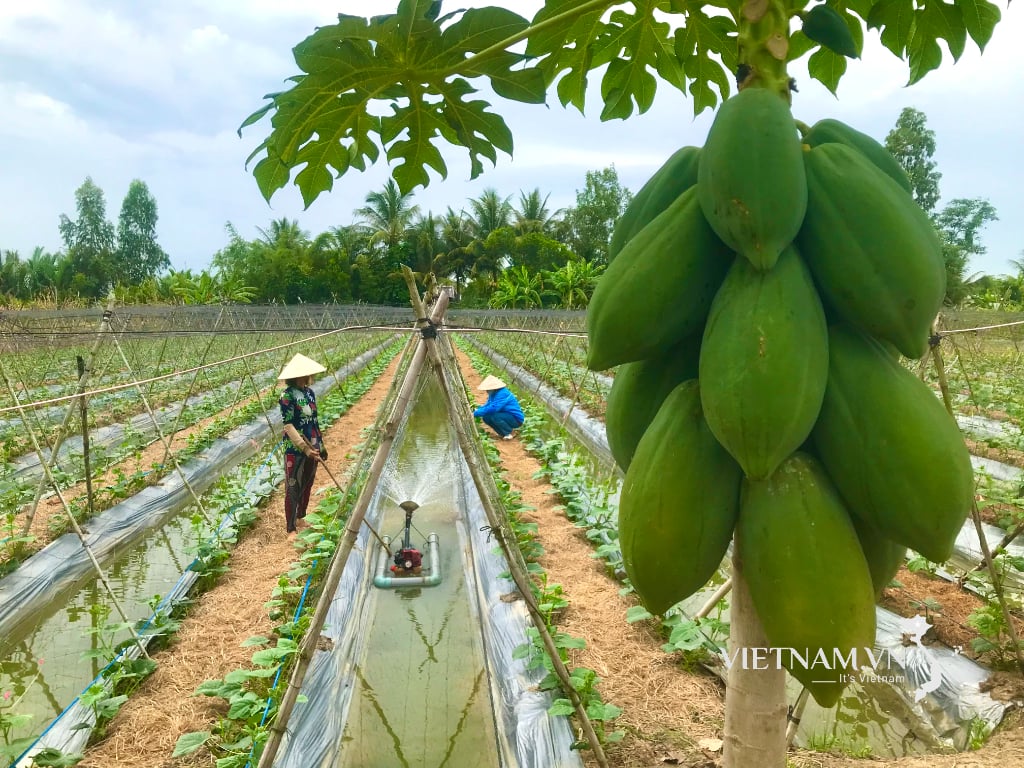
Comment (0)